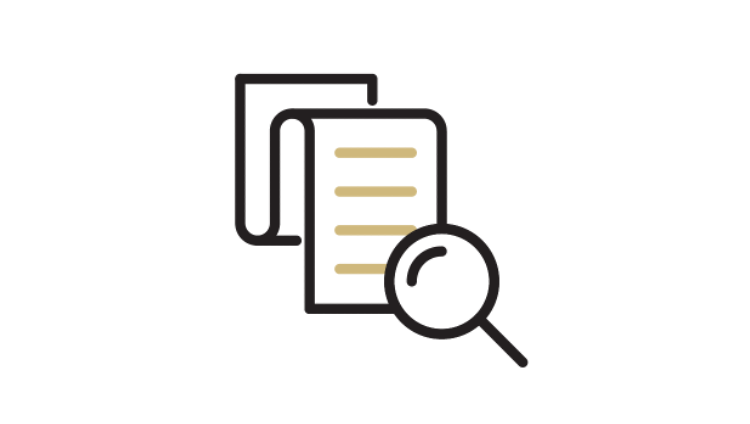Manage Your IP

Intellectual Property (IP) es consectetur purus ut faucibus pulvinar elementum integer enim neque.
Adipiscing diam donec adipiscing tristique risus nec feugiat in fermentum. Augue eget arcu dictum varius duis at consectetur lorem. Feugiat in ante metus dictum. Neque sodales ut etiam sit. Blandit turpis cursus in hac habitasse. [License IP or Continue Development from infographic or Innovator Resources & Forms]
Access resources to advance your innovation. Find information on the many resources CU Innovations provides including funding, patenting, startup formation and IP management. Powered by CU Innovations, the Innovation Hub provides a database of preferred service providers listed below, organized by specialty:
- Law Firms
- Corporate Accountants, Banks & HR
- Business Development & Website Design
- Regulatory Consultants
- Prototyping & Software Development
- Grant Support, Funds & Investors
- Accelerators & Incubator Spaces
- Industry Partners (CROs)
Healthcare Advisors at CU Innovations are experienced entrepreneurs, executives, and healthcare experts who mentor campus innovators. They provide guidance to navigate scientific discoveries from the lab to patient bedsides.
These Entrepreneurs in Residence (EIRs) engage with researchers across the University of Colorado Anschutz Medical Campus to advance bold ideas in medicine and health care, focusing on therapeutics, medical devices, diagnostics, and digital health innovations.
Below are the University of Colorado intellectual property policies that have received formal approval as of January 16, 2003:
Collaboration and IP: The CU Innovations Office manages intellectual property rights in collaborative projects. Small-scale projects benefit from a Project Participation Agreement, while large-scale projects require an Intellectual Property Management Plan. CU faculty participating in external projects often sign these agreements, which CU Innovations reviews and approves on behalf of the university.
Sponsored Research & IP: A Sponsored Project Agreement (SPA) is a document that allows the university to accept outside sponsorship for research while maintaining some level of intellectual property rights. The Office of Contracts and Grants at each campus can negotiate modifications to SPA as suggested by the sponsor, and as appropriate to the specific sponsored project activities contemplated. The University of Colorado balances the need for prompt publication of research with the protection of novel methodologies and technologies. It allows sponsors to review publications in advance and supports brief publication postponements to secure patent rights.
CU Innovations plays a pivotal role in transitioning inventions from research labs to the commercial world and channels a part of the licensing revenue back to the originating labs and departments. When research leading to potential patents or copyrighted works is conducted in state-funded facilities, the university retains the intellectual property rights and licenses it for commercial use. Questions about agreement terms should be directed to the Office of Contracts and Grants:
- Office of Contracts and Grants, CU-Boulder: 303-492-6221
- Office of Sponsored Programs, CU Colorado Springs: 719-262-3321
- Office of Grants and Contracts, CU Anschutz Medical Campus and CU Denver: 303-724-0090
Consulting and IP: Faculty consultants at the University of Colorado (CU) are faculty members who engage in external professional activities, often in the form of consulting1. This consulting is encouraged by the university as long as it doesn’t interfere with their primary teaching and research obligations.
These activities provide opportunities for faculty to address real-world problems, collaborate with industry professionals, and contribute their expertise to economic development. However, the university can only provide guidance on policy compliance, such as intellectual property and conflict of interest, and cannot assist in the contracting process. In essence, faculty consultants are CU faculty members who apply their academic expertise in a consulting capacity outside the university, while adhering to university policies and obligations.
Agreements (Material Transfer Agreements & Confidential Disclosure Agreements): Confidential Disclosure Agreements (CDAs), also known as Non-Disclosure Agreements (NDAs), are legal contracts that protect sensitive information by prohibiting parties involved from disclosing or using the information for unauthorized purposes. They’re often used in business or research contexts to safeguard proprietary information or trade secrets.
A Materials Transfer Agreement (MTA) is a legal contract that governs the transfer of tangible research materials between two organizations, stipulating the terms of use, rights, and obligations of both the provider and the recipient. Outgoing MTAs allow CU researchers to provide access to CU-created materials to a company or research collaborator while protecting the intellectual property of CU. Incoming MTAs from companies and research institutions serve the same purpose of protecting the interests of the company/institution sending materials to CU researchers.
All new confidentiality and material transfer agreement requests are routed through the Clinical Research Administration Office (CRAO), and not through CU Innovations. CRAO hosts a web-based portal through which you can submit a request for a new agreement, or review of an agreement.